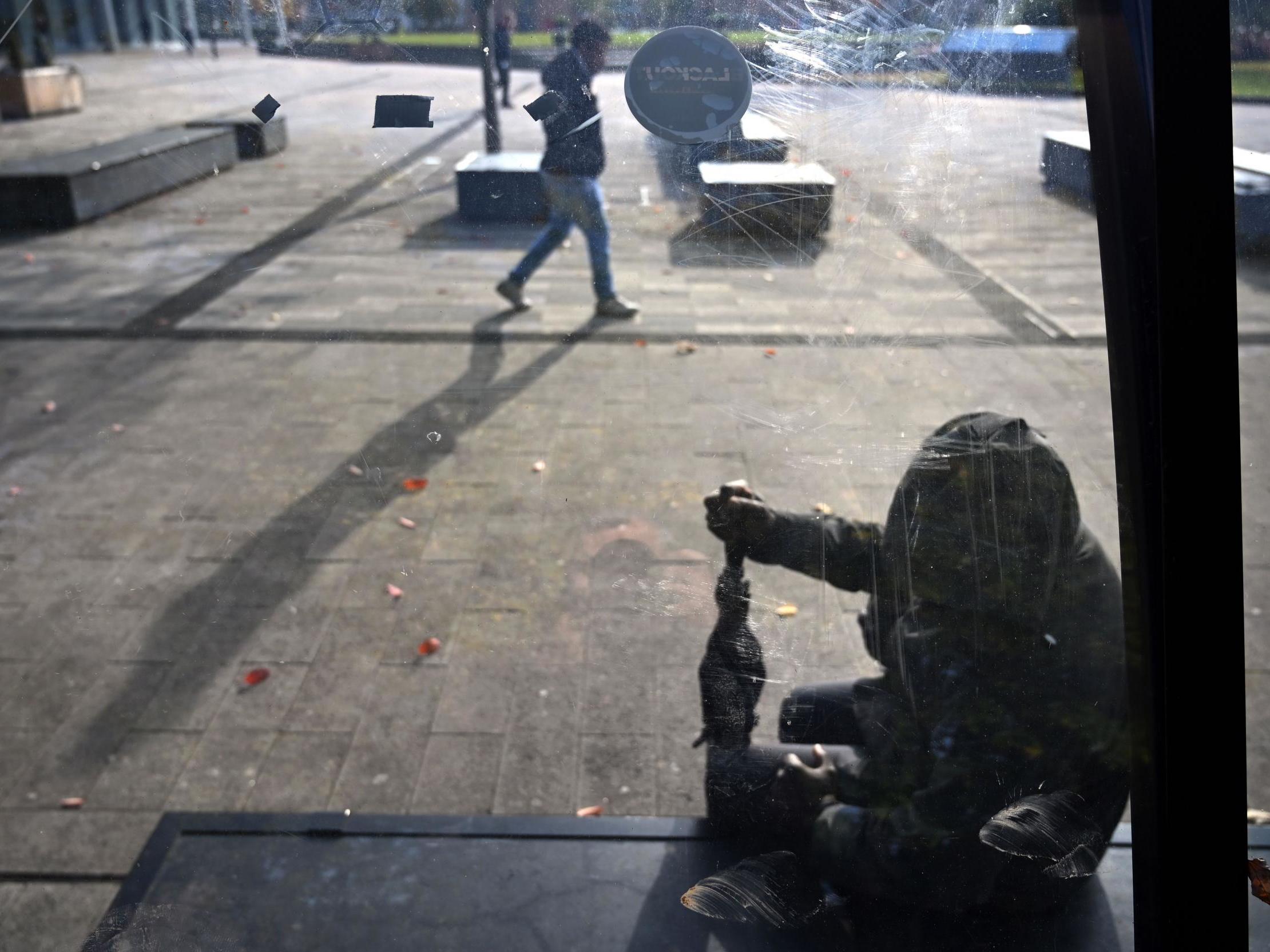Majority of asylum seekers and refugees housed in poorer areas while dozens of councils support none
More than half of asylum seekers and resettled refugees accommodated by just 6 per cent of UK councils, all which have below average household income, new analysis shows

The majority of asylum seekers are being housed in disadvantaged local authority areas, while dozens of councils – including wealthy parts of the South East – support none, analysis reveals.
Figures show 32,396 of the 63,512 people who are seeking asylum or have been brought to Britain for resettlement are accommodated by just 6 per cent of local councils, all of which have below average household income.
The Home Office has been urged to rethink its “unfair” dispersal system, with campaigners warning that it has led to a situation whereby vulnerable migrants are forced into destitution as cities such as Glasgow, which is home to 4,469 asylum seekers and resettled refugees, buckle under the pressure of providing housing and support.
An analysis by The Independent of data collated by the Migration Observatory shows that while a minority of local councils take in thousands of people under the dispersal scheme, 24 local authorities – including South Cambridgeshire, Aylesbury and Chelmsford – have taken in none at all.
It comes after it emerged that a growing number of asylum seekers, including single mothers with babies, have been living with no heating in rat-infested properties due to “severe failures” in the asylum support system.
Paul Sweeney, MP for Glasgow City, said that while the city had been a “success story” in welcoming asylum seekers and refugees, mounting pressures in recent years mean the authorities were questioning whether they could continue to take part in the dispersal scheme.
“We’re seeing problems around no recourse to public funds, and the punitive policies of withdrawing accommodation from asylum seekers who are still going through the process, which can cause destitution,” he told The Independent.
“That’s putting a lot of pressure on charitable organisations in the city and causing a lot of distress, but the Home Office doesn’t seem to be willing to support, and that’s raised questions over whether Glasgow will continue to participate in this dispersal system.”
Mr Sweeney highlighted a ”major issue“ in that the “poorest communities are doing the most to help these people”, adding: “They’re often communities that have the least resilience, in terms of providing economic capital to help.
“We need to have a national system whereby all local authorities across Britain are participating proportionately to assist. I think that’s entirely reasonable.”
People in the process of seeking asylum and refugees who have been brought to the UK for protection under the vulnerable persons resettlement scheme are entitled to housing and support. In both cases local authorities volunteer to participate in dispersal arrangements.
The local authorities housing the most asylum seekers and refugees are Glasgow City, Liverpool and Birmingham – with 8,196 people between them – all of which fall considerably below the UK’s gross disposable household income per head, the analysis shows.
Meanwhile, Aylesbury Vale, Cambridgeshire, South Northamptonshire, Hart, Fenland, Daventry, Chelmsford and Gosport – all of which have gross household incomes above the national average – are housing no vulnerable migrants.
Concerns about the dispersal system were raised in a report by the Home Affairs Committee last year, in which MPs warned of “significant risks” to asylum accommodation provision if the government did not “urgently engage” with local authorities who are considering withdrawing from the scheme.
They urged ministers to do more to support local authorities carrying a disproportionate share of responsibilities, and to improve take-up in other areas of the country. But campaigners said issues still remained.
Peter Walsh, researcher at the Migration Observatory, said the “highly uneven distribution” raised the questions of whether the Home Office should “rethink or refine” its dispersal policy, adding: “The simple fact is that there are a few local authorities who are hosting many more asylum seekers than others.”
The Home Office says it takes the wellbeing of asylum seekers and the local communities in which they live “extremely seriously”, and that it “continues to work closely with councils to encourage more to participate” in asylum dispersal.
Join our commenting forum
Join thought-provoking conversations, follow other Independent readers and see their replies
Comments